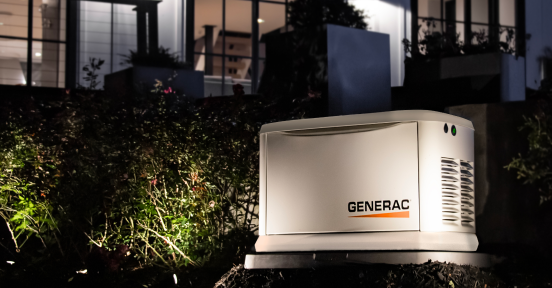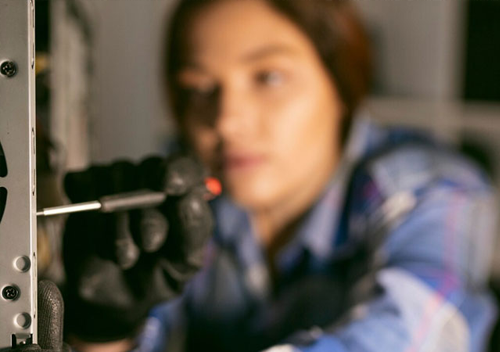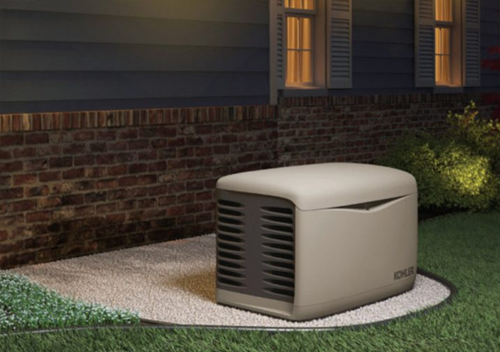
In the world of home improvement and maintenance, one of the most commonly faced dilemmas is whether to tackle a task yourself or hire a professional. This debate is particularly applicable in generator repair, where understanding how to approach repairs can save you both time and money. Both DIY repairs and hiring a professional have their own set of benefits and drawbacks that can influence your decision. In this post, we will explore these aspects in detail to help you make an informed choice on how to deal with your generator issues.
Benefits of DIY Generator Repair
1. Cost Savings
One of the primary reasons individuals opt for DIY repairs is the potential for significant cost savings. Repairing a generator on your own helps you avoid labor charges, which can run high depending on the complexity of the issue. If you are reasonably handy and possess general knowledge about generators, you may find that many minor repairs can be handled without professional assistance.
2. Learning Opportunity
Taking on generator repairs yourself provides a valuable learning experience. You’ll gain hands-on knowledge of how the generator works and become more familiar with its components. This newfound understanding can empower you to handle future maintenance and minor repairs more efficiently.
3. Flexibility and Convenience
Performing repairs at your own pace allows greater flexibility. You can choose the time and place that works for you, rather than coordinating schedules with a service provider. This is especially beneficial in urgent situations, such as power outages, where you need a fast solution.
4. Increased Confidence
Successfully completing DIY repairs can boost your confidence and skill set. As you become more proficient at handling your generator, you may find yourself more capable of addressing other home maintenance tasks as well.
Drawbacks of DIY Generator Repair
1. Lack of Expertise
While DIY repairs can save money, the downside is often a lack of specialized knowledge. Mistakes made during repairs can lead to further damage, potentially costing more in the long run. If you’re not experienced with generators, it can be challenging to accurately diagnose issues or understand complex problems.
2. Warranty Voids
If your generator is still under warranty, attempting DIY repairs could void it. Many manufacturers require professional servicing to maintain warranty coverage. Before diving into DIY repairs, always check your warranty terms to avoid any surprises.
3. Safety Risks
Working with electrical components always comes with inherent safety risks. If you’re not properly equipped or knowledgeable about safety protocols, you could expose yourself to electric shock, fires, or injuries related to machinery.
4. Time-Consuming
DIY repairs can take more time than expected, particularly if you’re unfamiliar with the components or the repair process. If you have a busy schedule, the time investment may outweigh the cost savings associated with DIY repairs.
Benefits of Hiring a Professional for Generator Repair
1. Expertise and Experience
Professionals possess the training and experience necessary to diagnose and repair generator issues efficiently. They understand the intricacies of different generator models, allowing them to identify problems quickly and propose effective solutions.
2. Warranty Protection
Most professional generator repair services offer warranties on their work. This additional assurance means that if a problem arises shortly after the repair, you have the peace of mind that it will be addressed at no extra cost.
3. Safety Assured
Hiring a professional minimizes safety risks. Experienced technicians follow established safety protocols and are better equipped to handle hazardous situations, ensuring that repairs are made safely and effectively.
4. Time Efficiency
For more complex issues, hiring a professional can save substantial time. Rather than spending hours troubleshooting and repairing, a technician can often fix the problem in a fraction of the time, allowing you to return to your regular routine more quickly.
Drawbacks of Hiring a Professional
1. Higher Costs
The most significant drawback of hiring a professional is the cost. Labor charges, parts, and service fees can add up quickly, making it a more expensive option compared to addressing minor repairs yourself.
2. Scheduling Conflicts
You may experience delays when hiring a professional due to their schedule constraints. This can be a disadvantage, especially if you are facing an urgent situation that requires immediate attention.
3. Finding a Reliable Service Provider
Not every repair service is equal, and it can be challenging to find a trustworthy technician. Doing your due diligence in researching customer reviews and ensuring that the technicians are qualified can take extra time.
4. Dependency on Others
Relying on professionals can lead to a lack of self-sufficiency. If you encounter issues in the future and aren’t equipped to handle them yourself, you may feel stuck or dependent on outside help.
Conclusion: Making the Right Choice for Your Generator
When deciding between DIY repairs and hiring a professional for your generator needs, carefully weigh the benefits and drawbacks based on your specific situation. For minor repairs or routine maintenance, utilizing your skills might be a cost-effective choice. However, for more complex issues or when safety is a concern, enlisting the help of a qualified technician could be the smarter option.
Have you tried both DIY repairs and professional services? What was your experience like? We’d love to hear your stories and insights in the comments below! Don’t forget to share this article with your friends and family—it may just help them with their generator decisions too!
continue reading
Related Posts
In our increasingly power-dependent world, generators play a crucial role […]
Generators are essential for providing backup power during outages, but […]
Generators are invaluable assets, providing much-needed power during outages and […]



